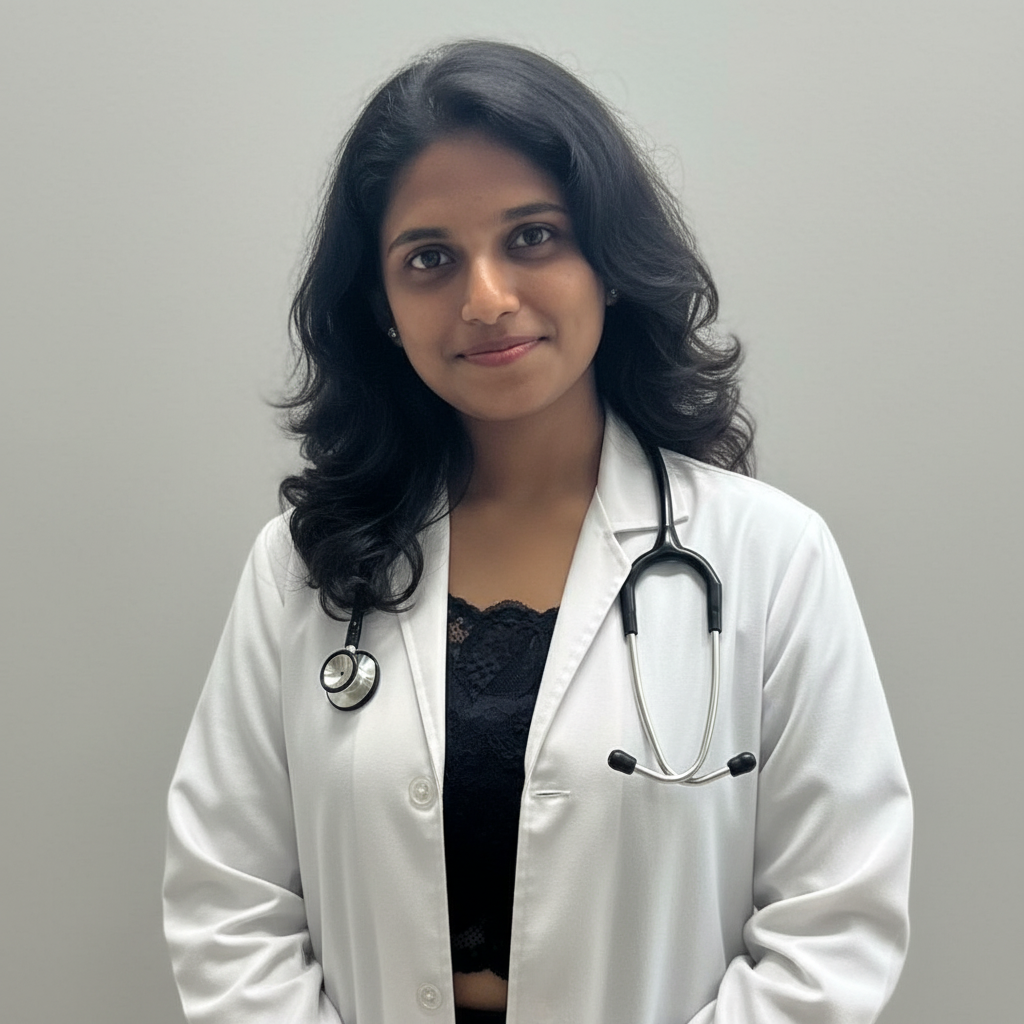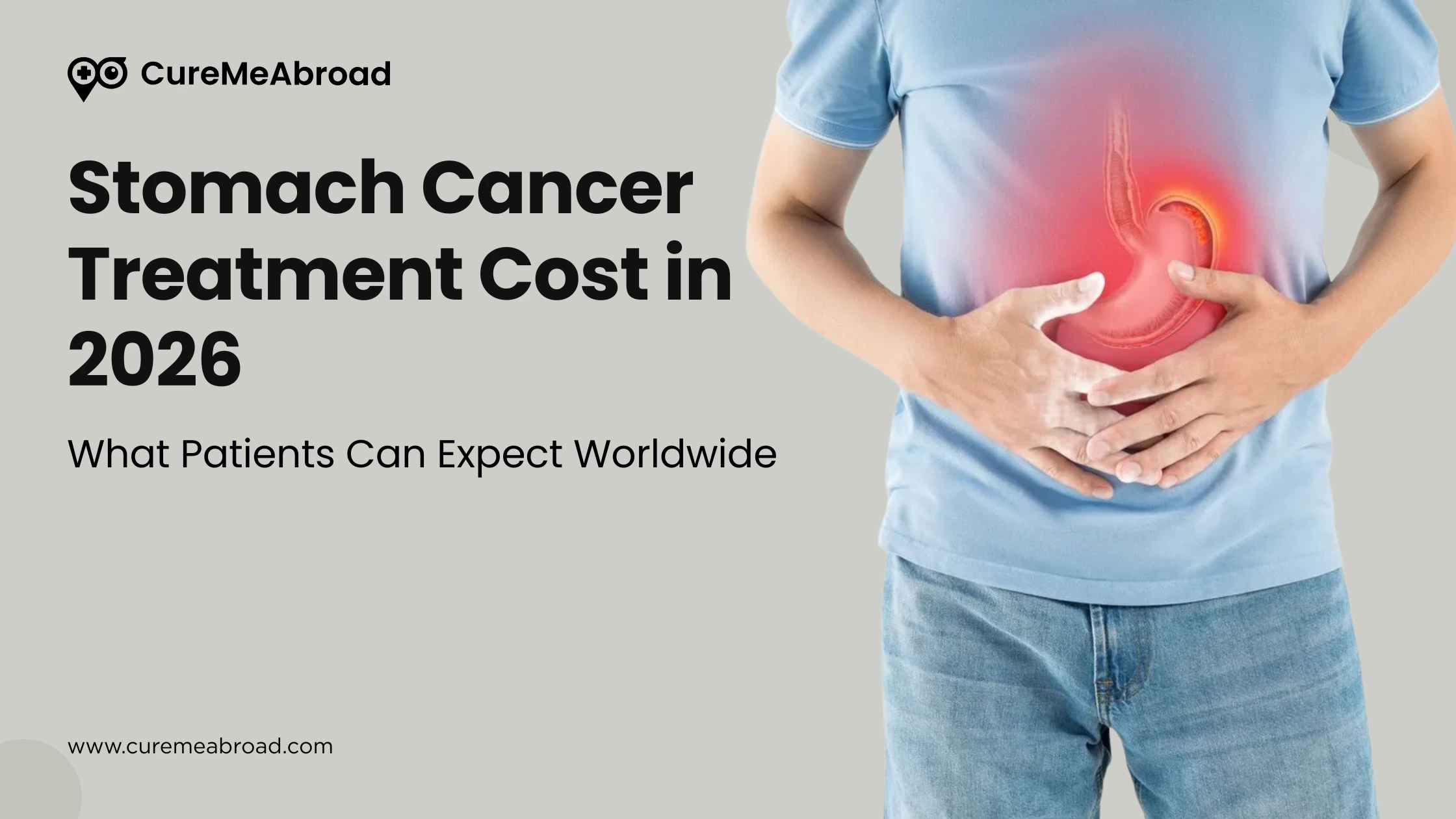Planning a medical trip abroad is nothing like booking a holiday. There’s more paperwork, higher stakes, and very specific timelines. Between flights, pre op instructions, and visa approvals, things can get overwhelming fast. But with the right 30 day checklist, it becomes manageable ,and even empowering.
Here’s your complete 30 day guide to preparing for a medical procedure abroad, designed to reduce stress, protect your health, and help you feel confident every step of the way.
30 Days Before Departure: Set the Foundation
• Finalise your clinic and surgeon
Confirm the clinic, procedure, and surgeon. Book your appointment and ask for a treatment plan in writing.
• Get your visa in order
Apply for a medical visa if needed. Some countries require documentation from your hospital or surgeon. Others may allow medical treatment under a tourist visa ,just make sure it’s permitted.
• Book your flights
Choose refundable or flexible tickets if possible. Try to arrive at least two days before your surgery to settle in, complete any pre op checks, and meet your surgeon in person.
• Secure your accommodation
Recovery friendly accommodations matter. Book a hotel or Airbnb close to your clinic with lift access, a calm environment, and (ideally) support services.
• Schedule time off work
Make sure your employer or clients know your recovery time frame. Plan for rest post surgery, not remote work or stress.
21 Days Before Departure: Prep Your Health & Docs
• Run all requested tests
Follow your surgeon’s pre op instructions. This might include blood tests, ECG, X rays, or COVID tests. Do them locally and send results over before your arrival.
• Gather your medical history
Collect important documents like:
- Previous surgery reports
- Medication list
- Allergies
- Diagnostic scans (if applicable)
• Renew your passport (if expiring soon)
Many countries require 6 months of validity on entry. Double check now to avoid last minute issues.
• Get travel insurance (with medical coverage)
Choose a policy that covers complications and trip cancellations. Some providers even offer special plans for medical tourism.
14 Days Before Departure: Prepare the Logistics
• Confirm appointments
Double check all bookings ,clinic, hotel, transport. Confirm your consultation and surgery dates.
• Print all important documents
Carry physical and digital copies of:
- Visa approval
- Clinic confirmation
- Insurance documents
- Passport
- Flight tickets
• Prepare a medication list
Pack only what you’re allowed to carry internationally. Bring a doctor’s prescription note for anything you need to take with you.
• Pack loose, comfortable clothing
Post surgery swelling or bandages require easy to wear outfits. Pack zip up hoodies, oversized shirts, soft fabrics, and slip on shoes.
7 Days Before Departure: Lock It In
• Plan your airport transfers
Book your ride from the airport in advance. Some clinics offer this as part of your package ,check if yours does.
• Prepare cash in local currency
Don’t rely solely on cards. Have cash ready for transport, tips, or emergency purchases.
• Prep your recovery space
If staying in a hotel, request extra pillows or room service options. If at an Airbnb, stock up on groceries and personal comfort items.
• Let close friends/family know your plan
Share your full itinerary, clinic address, and emergency contact. You won’t want to explain things mid recovery.
3 Days Before Departure: Final Touches
• Hydrate and rest
No new workouts or wild nights. Focus on sleep and hydration.
• Check the weather
Pack according to the local climate. Post op patients should avoid overheating, sunburn, or extreme cold.
• Download local apps
Install ride share, maps, and translation apps to make your stay easier.
Conclusion: Travel Like a Patient, Plan Like a Pro
Your body deserves peace of mind, not last minute stress. By following a smart 30 day checklist, you walk into surgery abroad prepared, protected, and fully present for your healing journey.
A medical trip isn’t just a flight and a hospital stay ,it’s a carefully timed, multi step process that begins before you pack your bags. With structure and foresight, it can be one of the most rewarding decisions you make for your health and confidence.









